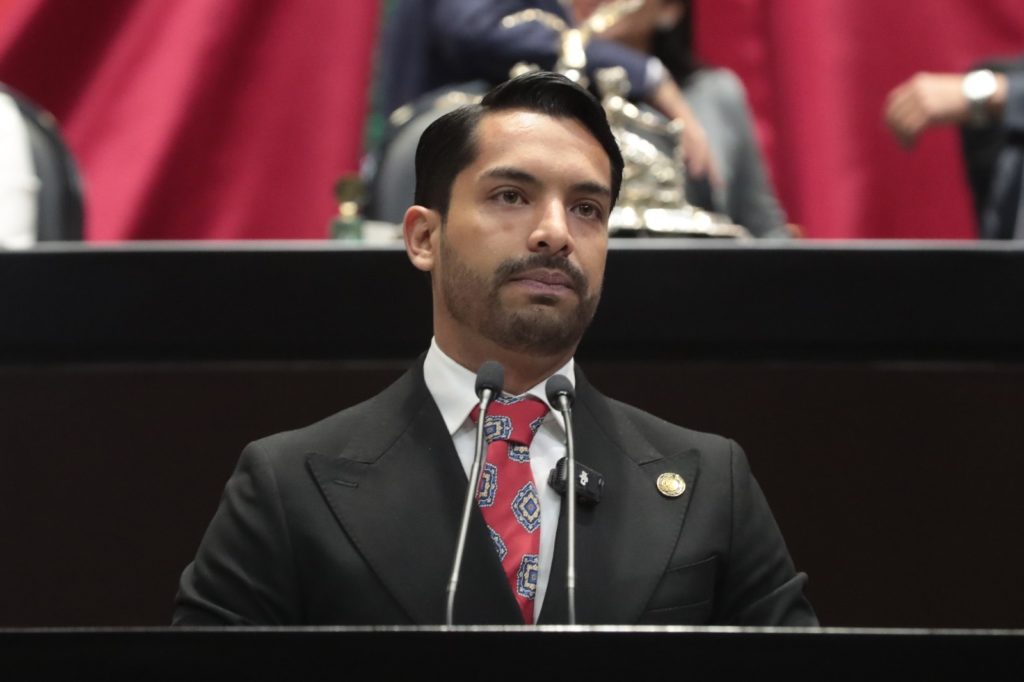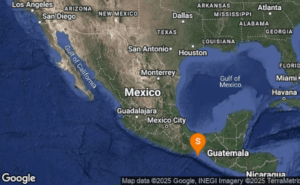Proposal to Prioritize Water Use Concessions for Indigenous Communities and Ejidos in Mexico

A legislative proposal to reform Article 20 of the National Water Law has been introduced by Congressman Francisco Javier Farias Bailon of the Citizens’ Movement (MC). The initiative seeks to give ejidos, Indigenous and Afro-Mexican communities, and populations severely affected by drought priority access to water concessions and allocations for national water usage.
The proposal, now under review by the Hydraulic Resources, Drinking Water, and Sanitation Commission, and the Indigenous and Afro-Mexican Peoples Commission for opinion, highlights the fundamental role of water as a resource essential for human survival, societal development, and ecological balance. It emphasizes the importance of groundwater, a critical source for human consumption and ecological sustainability.
Groundwater: A Lifeline for Rural Communities
Groundwater, often accessed through wells, is particularly vital in rural areas where surface water resources are insufficient or unavailable. Families in these regions depend on shallow wells, which are cost-effective and accessible to low-income households. The water is primarily used for domestic purposes, livestock, and small-scale agriculture. Many residents consume this water directly, unaware of potential health risks.
While rural areas benefit from such wells, disparities in water service quality persist. Public water supply networks in rural zones often operate sporadically—just a few hours a day or a few days per week—contrasting sharply with the continuous service available in urban areas.
The Role of Groundwater in Mexico
Groundwater accounts for over 65% of the water used by Mexico’s cities and rural communities, making it a cornerstone of the nation’s water supply. These reserves are extracted through vertical drilling, with the depth depending on the location of aquifers. This method is crucial in remote areas far from reservoirs or urban infrastructure, where groundwater serves as the sole water source, particularly during droughts.
The document accompanying the proposal stresses the urgency of addressing water scarcity amid climate change. It calls for swift government action to support marginalized regions with limited access to water systems.
A Call for Equity in Water Access
The reform also underscores the National Water Commission’s (Conagua) responsibility for managing and regulating national water resources. Congressman Farias Bailon’s initiative argues for prioritizing Indigenous and rural communities in water resource allocation, given their vulnerability to climate change and the essential role water plays in their livelihoods.
If approved, the reform could be a significant step toward equitable water access in Mexico, ensuring that the country’s most vulnerable populations have the resources they need to thrive in the face of increasing environmental challenges.



